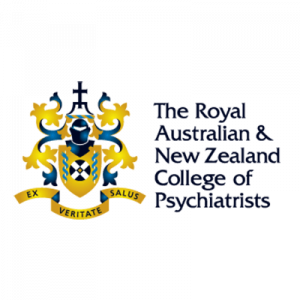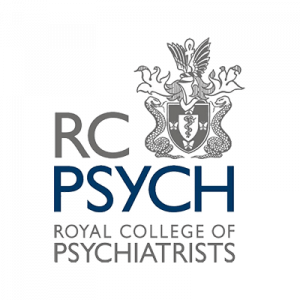Bipolar Disorder
Bipolar Disorder can also be called Manic Depression. This condition is characterised by two poles, one pole being depression and the other extreme being mania or hypomania. Patients usually identify it as mood swings
Bipolar affective disorder comprises of periods of profound depression alternating with periods of excessive excitability or irritable mood. However, some patients could have multiple manic episodes followed by depression or the other way round. Some could also have rapid cycling pattern (having four episodes in a year).
It can affect one’s life profoundly causing huge disruptions to their functionality.
It can affect 1 in 100 people and can start in teenage years.
Causes of bipolar disorder could include genetic factors, early trauma, structural abnormalities in the brain, use of illicit substances and other medical conditions too.
Bipolar – Symptoms and signs
Characteristic features of mania include grandiose mood, increased energy, overactivity, racing thoughts, pressured speech, flight of ideas, overfamiliarity, social disinhibition, reduced attention, reckless behaviour, reduced need for sleep or food.
There may also be presence of psychotic symptoms which may include suspiciousness, persecutory beliefs and at times auditory hallucinations.
Hypomania is when the severity is marginally milder but still causing a high amount of psychosocial disruption.
Diagnosis is usually established by a psychiatrist (expert in diagnosis and treatment of bipolar disorder) following a series of clinical reviews which involves comprehensive history taking, mental state examinations and obtaining some collateral information. All medical causes need to be excluded before the psychiatrist establishes the diagnosis as certain medical conditions could mimic symptoms of bipolar illness and they could be thyroid conditions, alcohol and drug withdrawals states, alcohol and drug intoxication states.
Treatments include
- Medications
- ECT
- Psychology
Compliance with medications, establishing good sleep hygiene, engaging with your psychiatrist, understanding your early warning signs/ relapse signatures, avoidance of drugs and alcohol will all go a long way and maintaining positive health and avoiding relapses. In some very severe cases, the above will help in reducing the intensity and frequency of symptoms. Stress of some form can sometimes trigger a relapse.



